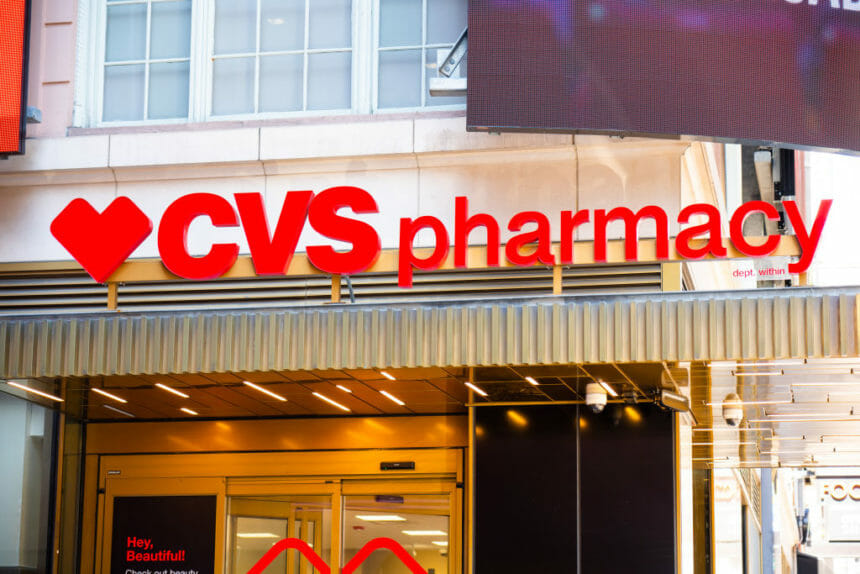CVS and Walgreens have limited purchases of children’s pain-relief medicine. “Due to increased demand and various supplier challenges, over-the-counter pediatric fever reducing products are seeing constraints across the country,” Walgreens said in a statement. The limits were put into place “in an effort to help support availability and avoid excess purchases.” (CNN)
Catalyst Pharmaceuticals announced it will acquire the commercial rights to an Eisai seizure medication for $160 million. The Florida-based rare disease biotech announced that it has entered into an agreement with the Japanese pharma Eisai to acquire the US rights to the seizure treatment Fycompa, along with an exclusive option period to review, evaluate and possibly negotiate an acquisition of a rare epilepsy asset in Eisai’s pipeline. (Endpoints News)
Magenta Therapeutics’ stock price fell 30% after stopping some dosages in a trial. Shares of Magenta dropped sharply in morning trading after the clinical-stage biotechnology company said it has stopped dosing participants in its refractory acute myeloid leukemia and myelodysplastic syndrome trial at one dosing level. (MarketWatch)
A popular food dye could trigger inflammatory bowel disease, “alarming” new research revealed. Allura Red AC is used to add color and texture to sweets, soft drinks, dairy products and cereals, often with the aim of attracting children. (The Independent)
A Reuters columnist asserted that Big Pharma will find the right formula for its M&A binge. “Chief executives have a potential half-trillion-dollar war chest to use on dealmaking. Their likely targets, listed biotechnology groups, are not in a position to play hardball,” Aimee Donnellan wrote. (Reuters)







